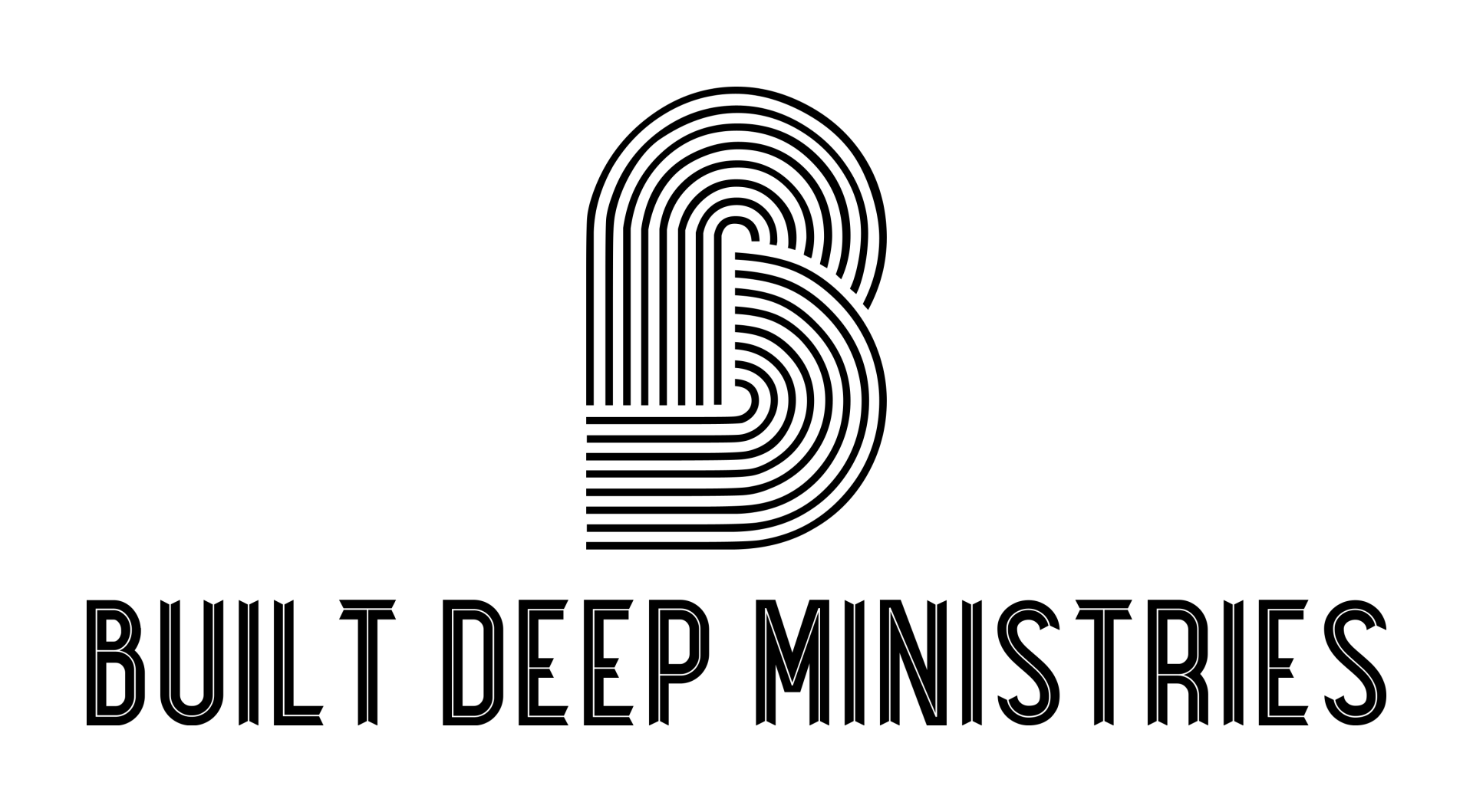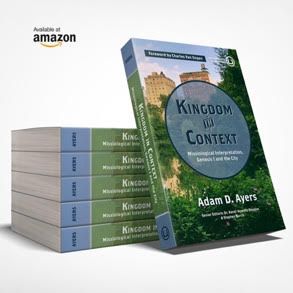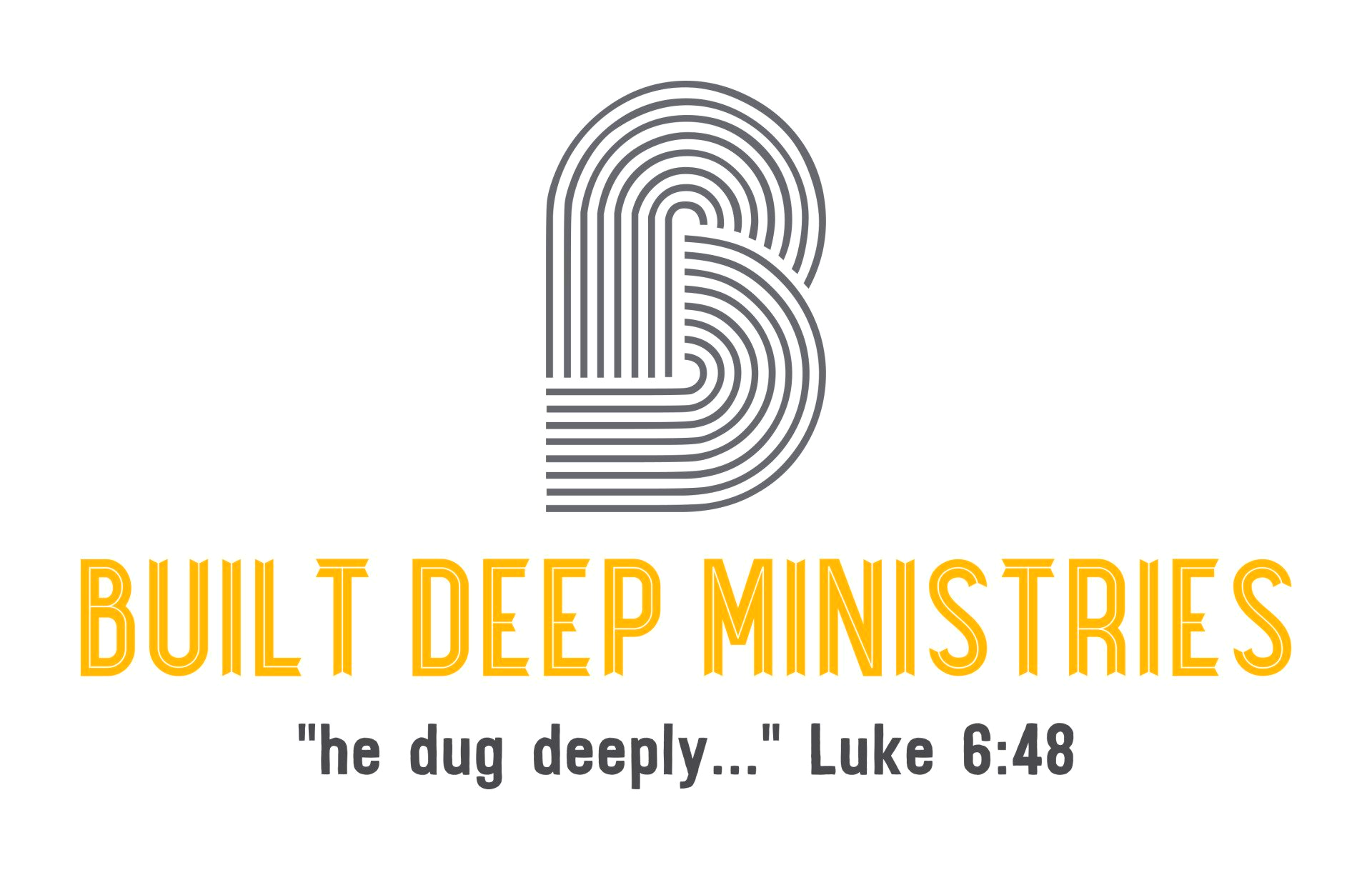Musings on Our Times: Purity Codes and the Cult of Health
Adam Ayers • August 7, 2020
The Lord said to Moses and Aaron,... "You must keep the Israelites separate from things that make them unclean, so they will not die in their uncleanness for defiling my dwelling place, which is among them.” - Leviticus 15:1,31 (NIV)
"Pure" society and human freedom
I cannot count how many times over the decades I have heard the Bible’s Levitical purity codes ridiculed and condemned as oppressive. For many long years, the Pentateuch's mandates about how to order society in "clean" or "unclean" ways have provided a whipping-boy example for critics who use it to illustrate the harmful excesses of “ignorant” or “backward” religion and its negative impact on human liberty. Yet, as I look around at contemporary western society’s life under the specter of CoVID-19, I cannot help but notice that in its quest for societal health and safety our secular world has wholeheartedly endorsed many of the very features that it has condemned as “oppressive” in ancient and modern religious societies.
Secular purity codes and religious purity codes
This doesn’t mean in any way that I’m particularly insightful. The parallels between our society's health codes and ancient Israel's Levitical codes are rather obvious, and they don’t require much effort to observe. "Wash. Cleanse. Inspect. Isolate. Go to an authority to be reviewed. Get declared clean or unclean. Get quarantined; be released from quarantine, etc. It's very similar stuff, really. Both sets of rules embody societal controls that recur just about anywhere one finds institutionalized religion or institutionalized governance.
As a social scientist and a biblical interpreter, the correspondence between these two social codes is not really surprising or particularly noteworthy. What’s striking to me is the cultural blind-spot that empowers western voices to pillory ancient Israel's religious strictures so soundly while their mirror-twin western health codes are valorized.
Different labels, same dynamics
To be fair, in most cases the contradiction probably isn't a matter of deliberate, conscious malevolence. More, the west's blind-spot about purity codes can be understood as a product of worldview and naming games, or, as Foucault might say, "discursive" competitions. It's just that in our culture the labels that address "cleanness" and "uncleanness" have been tailored to meet distinctly non-religious worldview and talk, even though the social functions, statuses and roles that stand on common ground with religious society purity codes remain the same.
Mutatis mutandis
Replacing our prevailing secular labels with religious labels can shed an interesting light on the biases of our western discourses about purity codes. If we view our current world using the same analytical lenses that are applied to religious societies, it’s very easy to see that we have our own formal priesthood of “health authorities,” who are charged with receiving revelatory oracles from the recognized caste of “researchers” on behalf of the gods of “health.” These health-priests in turn carry the task of interpreting health oracles and producing from them "right" codes of conduct for adherents, lay persons and society at large. In this process, after authoritative interpretation, special revelations about what is the “true way of life” in turn are dictated to the common population by civil agents, whose role is to enforce codes of conduct as loyal servants of higher powers.
In this scheme, what has been revealed as best for all remains unquestionable. Whether one is a follower or not, the “ways” must be observed by each person if wrath and plague are not to descend upon everyone. All members of the society must adhere to the same greeting and cleansing rituals. All must observe appropriate separations between members of society. They must respect the "health-priest" and civic castes and recognize their respective authorities. They must maintain their own personal purity at all times because lack of personal purity poses a risk to other members of the society. Further, they must distinguish rightly between “clean” and “unclean” in all spheres of life, both public and private, and they must respond appropriately when encountering the “unclean.” This is a mandate upon society at large, which requires all members to stand in solidarity in order for well-being and favor to be preserved. All must work together to enforce the purity codes, and violators must either be dealt with by those around them or reported to civil or priestly authorities for sanctioning. Failure to perform one's purity duties carries consequences in the forms of ostracizing, marginalizing, being declared unclean, being fined or physical punishment.
Religious health and secular health
These parallels are not my commentary on what we are to do in the face of a virus; that’s a different topic. Rather, they are an observation about the inconsistencies that pervade our society’s antagonism toward religion, which show through starkly when “health religion” is examined using the canons that are applied in socio-religious analysis. Using these standards shows plainly that the issue isn't truly the strictness of the codes, or the ways in which they might limit human liberty. The issue is the religious grounding for the codes.
What shows through when this is done is the secular bias is that religious health really isn’t health, at all. Spiritual health is seen as a fiction that shouldn’t factor in people’s lives or limit their behaviors because it doesn’t really exist and the maladies that it proposes to prevent are not genuine threats. Thus, the inconsistency arises that a face covering that shields against a moral or spiritual jeopardy is oppressive to women when it is a “religious” covering, but a face covering that shields against a viral jeopardy is protective to women, since it is a “health” covering.
Versions of "health" and social control
In the secular view, when material or physical threats arise, even if experts disagree and opinions differ, prevailing voices are granted warrant to constrain the behaviors of others without violating social justice. Cleansing rituals may be enforced upon all, regardless of individual convictions and even at the expense of personal rights and liberties, “for the good of society.” However, this line of reasoning is not afforded to religious or spiritual outlooks that also wish to see society ordered well for “the good of all.” When the question is one of spiritual or moral threat, constraints over dissenting opinion are seen as unacceptably violating human rights and social justice.
Anthropologically, it's not necessary to attribute this double standard to malice. It's simpler to see it as an unacknowledged worldview prejudice that results from being conditioned to presume that the secular world-view is automatically correct because it is “scientific,” while the religious world-view is suspect because it is “unscientific.” Enculturation presses society's members to prioritize scientific health above spiritual health, seeing one as "real" and the other as "speculative." What follows naturally is that it is simply a “scientific” truth that since material existence is all that humans have, the public health must be upheld as the highest good for all people. Society’s health matters above all other concerns, and all must conform to the rules that preserve it, whether or not they believe in the "faith" that prioritizes physical existence.
"Health," worldview dominance and social justice
However, when viewed through the lens of social justice concerns, the scene is a bit more dismaying. For this is where the inconsistency of exerting social control to uphold secular forms of purity while suppressing religious concerns about religious forms of purity takes on deep moral significance. It becomes a matter of marginalization, silencing and oppression for the "cult of health" to be able to exercise social control simply because it holds that the science god is “true” and the religion god is “false.” In fact, because it limits public discourse in ways that exclude the spiritual ranges of human existence, the secular discourse and its secular controls actually might be considered to be more constrictive, and thus, more oppressive, than the Levitical codes, which did not exclude or negate material life when they prioritized religious cleanliness.
Perhaps it's time for western society, and especially, the academic social sciences and humanities to release the Pentateuch from its place as the social justice whipping boy and look a bit to our own ways.



